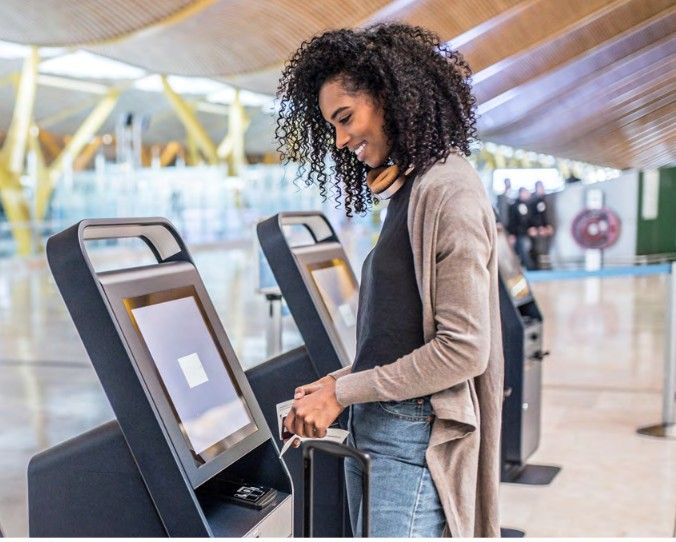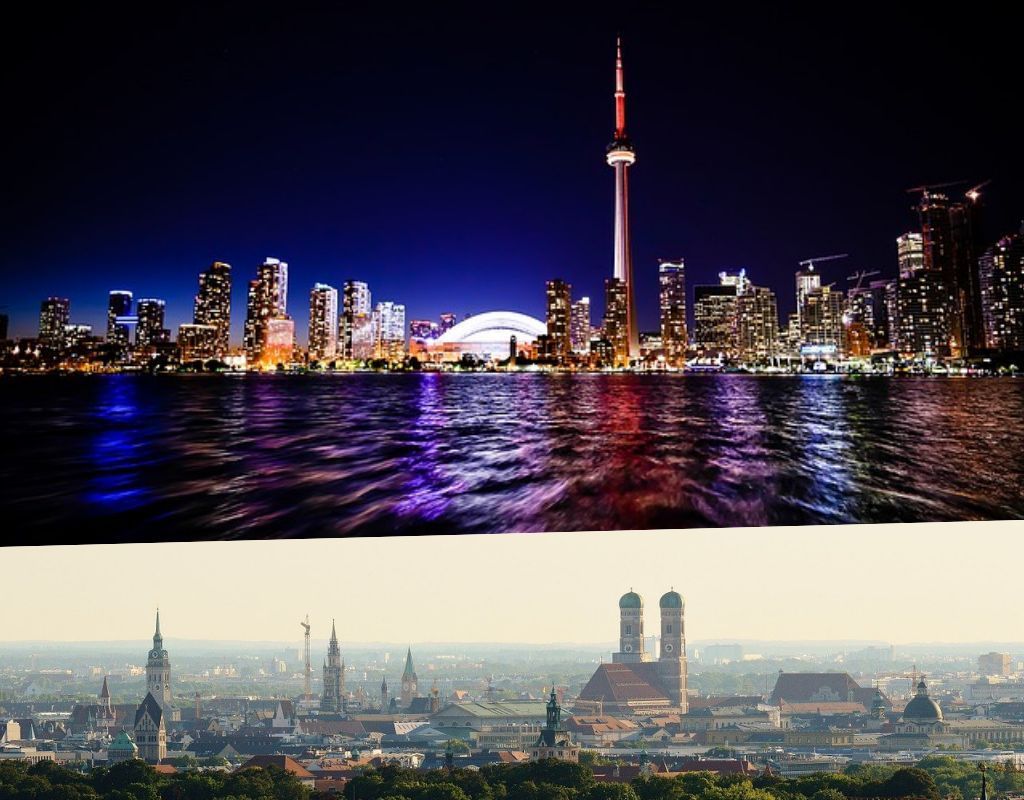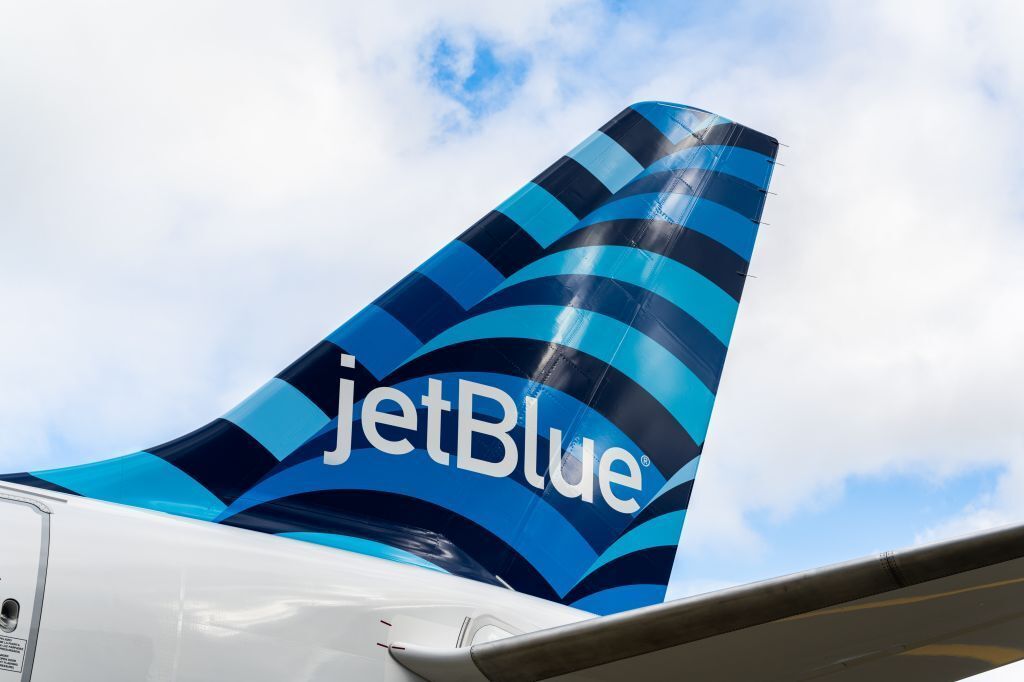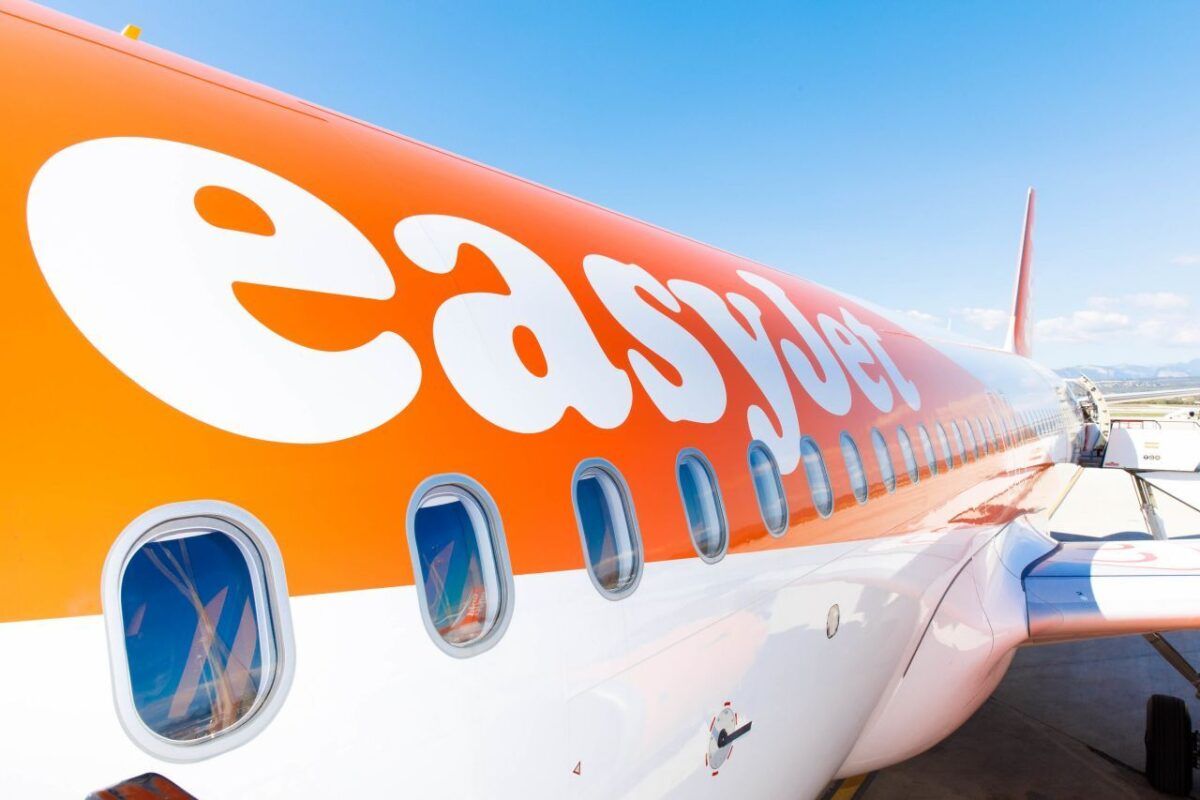Given the state of the world as countries fighting to curb COVID-19, the latest results and research from the Henley Passport Index reveals the pandemic’s impact on the world’s strongest and prestigious passports.
The original ranking of all the world’s passports according to the number of destinations their holders can access without a prior visa — show that while there is cause for optimism, it must be tempered with the reality that cross-border travel continues to be significantly obstructed. Although some progress has been made, between January to March 2021, international mobility had been restored to just 12% of pre-pandemic levels in the same period in 2019, and the gulf between theoretical and actual travel access offered by even high-ranking passports remains significant.
With the postponed Tokyo 2020 Olympics just weeks away, and the country in a ‘quasi’ state of emergency, Japan nonetheless retains its hold on the number one spot on the Henley Passport Index — which is based on exclusive data from the International Air Transport Association (IATA) — with a theoretical visa-free/visa-on-arrival score of 193.
While the dominance of European passports in the Top Ten has been a given for most of the index’s 16-year history, the pre-eminence of three Asian states — Japan, Singapore, and South Korea — has become the new normal. Singapore remains in 2nd place, with a visa-free/visa-on-arrival score of 192, and South Korea continues to share joint-3rd place with Germany, each with a score of 191.
However, when compared to the actual travel access currently available even to the holders of top-scoring passports, the picture looks very different: holders of Japanese passports have access to fewer than 80 destinations (equivalent to the passport power of Saudi Arabia, which sits way down in 71st place in the ranking) while holders of Singaporean passports can access fewer than 75 destinations (equivalent to the passport power of Kazakhstan, which sits in 74th place).
Plummeting UK and US passport power at an all-time low
There is a similarly gloomy outlook even in countries with highly successful Covid-19 vaccine rollouts: the UK and the US currently share a joint-7th place on the index, following a steady decline since they held the top spot in 2014, with their passport holders theoretically able to access 187 destinations around the world. Under current travel bans, however, UK passport holders have suffered a dramatic drop of over 70% in their travel freedom, currently able to access fewer than 60 destinations globally — a passport power equivalent to that of Uzbekistan on the index. US passport holders have seen a 67% decrease in their travel freedom, with access to just 61 destinations worldwide — a passport power equivalent to Rwanda’s on the Henley Passport Index.
Commenting on the latest ranking, Dr. Christian H. Kaelin, Chairman of Henley & Partners and the inventor of the passport index concept, says it’s uncertain how long travel restrictions will remain in place, but it seems clear that global mobility will be seriously hampered throughout 2021 at least. “In many countries, serious doubts have arisen as to the ability to handle a global crisis, with the subsequent embrace of more inward-looking priorities. Increasing isolationism and deglobalization will no doubt have profound consequences, among them further damage to the world’s economy, a significant reduction in global mobility, and restrictions on people’s freedom to make the best choices for their families and their businesses. It is clear that more than ever, people need to expand their residence and passport options.”
Stalled race to reopen ahead of the summer holiday season
Exclusive research and analysis commissioned by Henley & Partners indicates that while advancements have been made to restore international mobility levels to pre-pandemic levels, progress has been slow and is primarily limited to business or emergency travel. Commenting in Henley & Partners’ Global Mobility Report 2021 Q3, political science researchers Uğur Altundal and Ömer Zarpli of Syracuse University and the University of Pittsburgh, respectively, state that “there was a 97% drop in international travel in April 2020 compared to April 2019, pre-Covid. Between January and March 2021, this had improved marginally to 88%, with business and essential travel the primary drivers of the recovery of just 12% of previous global mobility”.
International leisure travel remains less than 10% of pre-Covid levels and is largely regional as opposed to trans-continental and likely to remain so throughout the upcoming northern hemisphere’s summer tourism season. Altundal and Zarpli also highlight that while most countries are now gradually relaxing inbound travel restrictions for international visitors, the impact of the coronavirus on tourism has been severe. Since the pandemic was declared, the EU has seen a drop in tourism of nearly 90%, the UK has had a 73% decline in tourist numbers, and the US has experienced a 69% decrease in visitors. Some countries continue to retain strictly closed borders, with those holding the top spots on the Henley Passport Index — Japan, Singapore, and Germany — among them.
Lack of global consensus on vaccine passports
Despite the progress of vaccine rollouts and the easing of inbound travel restrictions in certain parts of the world, regional trend analyses suggest that caution will remain the order of the day as governments attempt to manage the risks associated with the spread of new variants of concern.
Dr. Hannah White OBE, Deputy Director of the Institute for Government in London, says: “As the UK government assesses the global impact of new, more transmissible Covid-19 variants, migration to and from the UK is being governed by a traffic light system. Despite a successful domestic vaccination program, Covid-19 restrictions will continue to create uncertainty for UK mobility prospects well into 2022.”
Robert Maciejewski, CEO of SIP Medical Family Office in Switzerland, comments that while there are various complex issues that health passports need to address, including the likelihood of internationally accepted standards between governments, widespread adoption of Covid passports appears to be an imminent reality for those able to access them. “Even if a legal obligation to obtain a Covid passport is unlikely in most democratic countries, not having one will probably result in de facto restrictions of your freedom, whether it comes to travel or to daily routine activities. Access to healthcare remains a critical consideration for international families. You want to still be able to consult your doctor of choice and access top hospitals and clinics.”
IATA, the global trade association for airlines, welcomed the move by many states to exempt vaccinated travelers from quarantine. However, it warned that travel should not be restricted to those who have access to vaccination.
Willie Walsh, IATA’s Director General, says “the freedom to travel is important. Data shows us that vaccinated travelers should not be restricted. And screening can safely open borders for those without access to vaccination. In both cases, we need a secure system to efficiently integrate the checking of vaccine or testing certificates into the travel process. The IATA Travel Pass enables travelers to securely share their health credentials with governments and airlines.”

Global mobility gap wider than ever
In the developing world, the slow pace of vaccination programs is raising profound concerns about access and inequality. Commenting on regional trends in Africa, award-winning journalist Justice Malala observes that countries on the continent face immense challenges: “If a vaccine passport regime is rolled out across the globe, questions around the fairness of vaccine rollouts — which have overwhelmingly favored the global North — will intensify. The pandemic’s momentum will continue to underline this global divide.”
Dr. Kaelin adds: “Covid passports will no doubt further widen passport inequality worldwide.”
Prof. Mehari Taddele Maru of the Migration Policy Centre agrees and warns that “weaponizing vaccine donations to serve narrow national interests will only delay vaccine rollouts and incur further human and economic costs in addition to the millions of deaths and a possible USD 9.2 trillion loss to the global economy.”
The gap in travel freedom is now at its largest since the index began in 2006, with Japanese passport holders able to access 167 more destinations than citizens of Afghanistan, which sits at the bottom of the index. Its passport holders are able to visit only 26 destinations worldwide without acquiring a visa in advance.
Isolationism and nationalism block the path to economic revival
While many countries have adopted inward-looking policies and a protectionist approach as they grapple with the pandemic’s economic effects, experts suggest that alternative, collaborative approaches could have far more beneficial effects on a global scale.
Greg Lindsay, Director of Applied Research at New Cities, says: “As global cities and nations alike grapple with the ramifications of Covid-19, it’s critical they realize the true nature of the threat — and opportunity — before them. Rather than dwelling on wealthy former residents now working from their second or third homes, they must focus on restoring the flow of immigrants. The cities that make themselves most hospitable to new arrivals in the wake of the pandemic are poised to be the capitals of the new Roaring Twenties.”
Similarly, Curtis S. Chin, former US Ambassador to the Asian Development Bank, suggests that for safe regional and global travel and mobility to return, Covid-19 must be fully addressed in every nation: “Early in the pandemic there was hope that ASEAN would play a critical, central role in assisting individual member states with fighting the coronavirus. That has yet to happen as each nation’s leadership has focused first and foremost on its own citizens — a reality not just in Southeast Asia, but also in many nations around the world.”
Citizenship matters more than ever before
As they have done for much of the Henley Passport Index’s 16-year history, countries offering residence- and citizenship-by-investment programs continue to perform strongly. Malta, for instance, remains in 8th place, with passport holders able to access 186 destinations around the world notwithstanding any Covid-related travel bans. Austria remains in 5th place, with a visa-free/visa on arrival score of 189, and Portugal (6th on the ranking with a score of 188) and Montenegro (47th on the ranking with a score of 124) have also consistently performed extremely well.
Looking at longer-term movements in the rankings, the rise of the St. Lucia passport provides a prime example of the mounting passport strength of countries that offer investment migration programs. Over the past 10 years, the Caribbean island nation has climbed 17 places in the ranking, making it one of the highest climbers of the decade.
Research commissioned by Henley & Partners indicates furthermore that the Caribbean — a region with a high concentration of island nations that offer citizenship-by-investment programs — has had the greatest success in reviving tourism in the wake of the pandemic. In March this year, the region received 40% of the inbound international traffic it saw pre-Covid in March 2019, compared to North America (29%), Southern Europe (14%), Western Europe (5%), Southeast Asia (2%), and Oceania, which includes Australia and New Zealand and received only 1% of its March 2019 visitors in March this year.
Dr. Juerg Steffen, CEO of Henley & Partners, says that while unpredictability will no doubt continue to define the coming months, the increasing demand for investment migration is a certainty. “Since the pandemic struck, ensuring future access to multiple residence options and/or having dual citizenship, whether by exploring one’s ancestry or by participating in residence- and citizenship-by-investment programs, has become even more essential for entrepreneurs and investors and their families as a means to mitigate volatility and reduce their exposure to risk at a national, a regional, and global level.”















